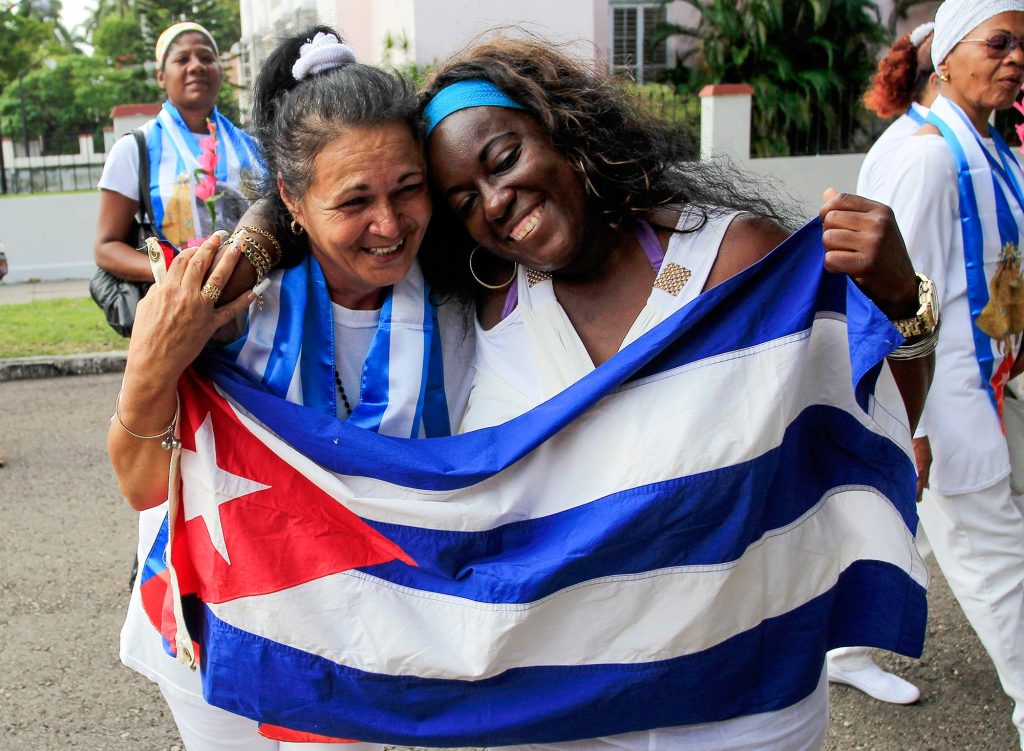Cuba has started releasing political prisoners. This follows the United States’ decision to remove Cuba from its list of state sponsors of terrorism. President Joe Biden’s administration announced this move on January 15, 2025. It marks a turning point in U.S.-Cuba relations. Families of those jailed during the 2021 protests now have renewed hope.
The 2021 Protests: A Catalyst for Change
The 2021 protests erupted over various issues. Power outages, food shortages, and rising prices fueled public anger. The Catholic Church helped broker an agreement. It aims to free 553 people jailed for protesting. On January 16, authorities released the first group of about 20 prisoners. More releases are expected soon.
A Prisoner’s Homecoming
Reyna Yacnara Barreto Batista, 24, is among those freed. The tattoo artist faced a four-year sentence for protesting. “I’m home with my mother. We’re all celebrating,” she said. Her release symbolizes hope for many Cuban families.
Mixed Reactions to US Decision
The US decision has sparked varied responses. Some see it as a chance for better relations and economic growth. Others worry about its future. President-elect Donald Trump’s team might reverse this decision. His Secretary of State nominee, Marco Rubio, hinted at this possibility.
Cuba’s Stance on the Terrorism List
Cuban Foreign Minister Bruno Rodríguez expressed concern. He criticized the frequent changes to Cuba’s status on the terrorism list. “This list isn’t a real tool against terrorism,” Rodríguez stated at a press conference. He sees it as political leverage rather than a security measure.
A History of Tension
U.S.-Cuba relations have long been strained. A U.S. trade embargo has affected Cuba for over 60 years. This has contributed to Cuba’s economic woes. The recent protests highlighted Cubans’ frustrations with their government’s failures.
Cautious Optimism
Families celebrate, but uncertainty looms. The political landscape is shifting rapidly. Activists call for broader reforms in Cuba. They warn that this prisoner release shouldn’t overshadow ongoing issues.
Global Reactions
International observers praise Biden’s decision. Latin American leaders support lifting Cuban sanctions. They see it as a step towards regional cooperation. Colombian President Gustavo Petro called it “a great step forward.”
Questions of Sustainability
Skepticism remains about the agreement’s longevity. The Cuban Observatory of Human Rights reported 18 releases by January 16. However, they warn that without lasting U.S. policy changes, these releases might be symbolic.
Looking Ahead
Both nations navigate a delicate moment. Families await news of more releases. Political changes could affect the agreement’s future. Cuba’s reforms on dissent and governance are under global scrutiny.

This prisoner release marks a crucial moment in U.S.-Cuba relations. It brings hope to many families. Yet, questions remain about future policies and lasting change in Cuba.

